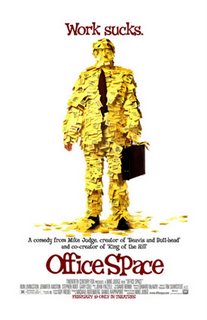Judge Fogel previously appointed Gaeton and Lionel Carnot as lead plaintiffs and Lerach Coughlin Stoia Geller Rudman & Robbins LLP as lead counsel in the Cerus litigation. A copy of that order can be found here.
The company's press release also indicates that derivative litigation pending in the Superior Court for the County of Contra Costa was also settled. A review of the docket reveals that Robbins Umeda & Fink, LLP is counsel for the plaintiff in both of the derivative actions pending there.
While the press release does not indicate the value of the settlements, an 8-K filed by Cerus gives some insight:
Under these settlement agreements, the Company's directors' and officers' liability insurance policy will fund a cash settlement amount and the Company has agreed to take or continue certain corporate governance measures.The corporate governance measures to be taken, include:
- Making a good faith effort to add one or two independent directors to the company's board by September 1, 2007;
- If the company is unable to add these independent directors by that time, retaining a professional search firm to assist in the identification candidates, with the company using best efforts to add one or two independent directors to the board by December 31, 2008;
- Unless otherwise required by law, two thirds of the company's board of directors will consist, through January 1, 2009, of independent directors.
For example, on May 24, 2004, the plaintiffs filed a consolidated complaint, followed shortly thereafter on June 17, 2004, by an amended consolidated complaint (link unavailable) which added certain allegations attributed to a confidential witness.
On January 20, 2005, the Court dismissed the complaint with leave to amend within 60 days. On March 21, 2005, the plaintiffs filed a second amended consolidated complaint, and on May 24, 2005, the plaintiffs filed a third amended consolidated complaint.
Cerus is a Concord, California based bio-technology firm focused on developing blood safety systems and, more recently, immunotherapies for cancer and infectious disease.
Morrison & Foerster LLP is counsel for defendants in the litigation.
Daily Trivia: Morrison & Foerster has undergone 14 name changes in the firm's history and can trace it roots back to 1883. Brobeck, Phleger & Harrison LLP, the formerly omnipresent securities litigation powerhouse (and now defunct) law firm, was formed in 1925 by lawyers that left Morrison & Foerster.






